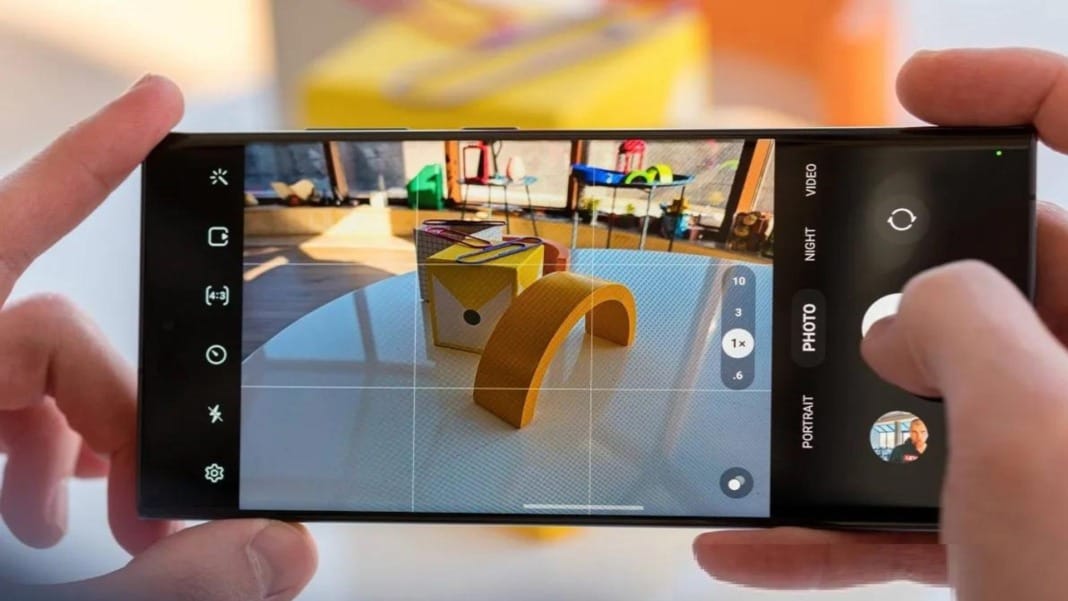If you’re hoping for major camera upgrades with Samsung’s future Galaxy models, you might want to manage your expectations. According to recent rumours, the upcoming Galaxy S25, expected in 2025, and Galaxy S26, slated for release in 2026, are set to feature the same main camera setup found on the current Galaxy S24.
Camera specifications remain unchanged
This information comes from a reliable source, Ice Universe, with a proven track record for providing accurate insights into Samsung’s product plans. The tipster suggests that the Galaxy S25 and Galaxy S26 will continue using the same 50-megapixel, 1/1.56-inch sensor that has been part of the series since the Galaxy S22 launched in 2022.
Sadly, Samsung decided to continue using the same sensor on the S25 and even the S26. Desperate. https://t.co/wYAdxS98W1
— ICE UNIVERSE (@UniverseIce) September 21, 2024
If this rumour turns out to be true, Samsung will keep the same camera sensor in its flagship devices for four years straight. While some users may appreciate the consistency, others may feel disappointed by the lack of innovation in a key smartphone feature, particularly for those who prioritise camera quality in their purchase decisions.
Even if the primary sensor remains the same, Samsung might point to software improvements and enhancements in secondary cameras as reasons to upgrade. The Galaxy S24’s rear setup currently includes a 10-megapixel telephoto lens and a 12-megapixel ultra-wide lens, which could see changes. However, sticking with the same primary camera might make some feel underwhelmed.
The future of smartphone cameras
Significant year-on-year camera upgrades are becoming less common in today’s smartphone market. However, Samsung could lag behind its competitors if it doesn’t keep up with hardware advancements. For example, Google’s Pixel 9 has already launched with a 50-megapixel main camera and a 1/1.31-inch sensor, offering a noticeable difference in size compared to Samsung’s 1/1.56-inch sensor.
Larger sensors allow more light to hit the sensor, improving image quality, especially in low-light conditions. While software and artificial intelligence can enhance photos, only so much software can do when the hardware is outdated. Samsung might argue that its AI-driven improvements will be enough, but hardware still plays a crucial role for photography enthusiasts.
Another report from June earlier this year suggested that the cameras for the Galaxy S25 and S25 Plus models would mostly stay the same. However, it did hint at adding more RAM to these devices to aid in artificial intelligence processing, which could help boost camera performance through smarter image processing.
Hope for the Galaxy S25 Ultra
If you’re hoping for a truly upgraded camera experience, you might want to focus on the Galaxy S25 Ultra, which is rumoured to be getting more substantial camera upgrades. Although these enhancements will likely target the secondary cameras rather than the primary ones, the Ultra model could provide the standout improvements many Samsung fans seek.
So, while the Galaxy S25 and S26 may stick with the familiar, there’s still hope for those who crave cutting-edge camera technology. The coming years will reveal whether Samsung’s decision to hold onto its existing main camera setup will affect its standing in the competitive smartphone market.





